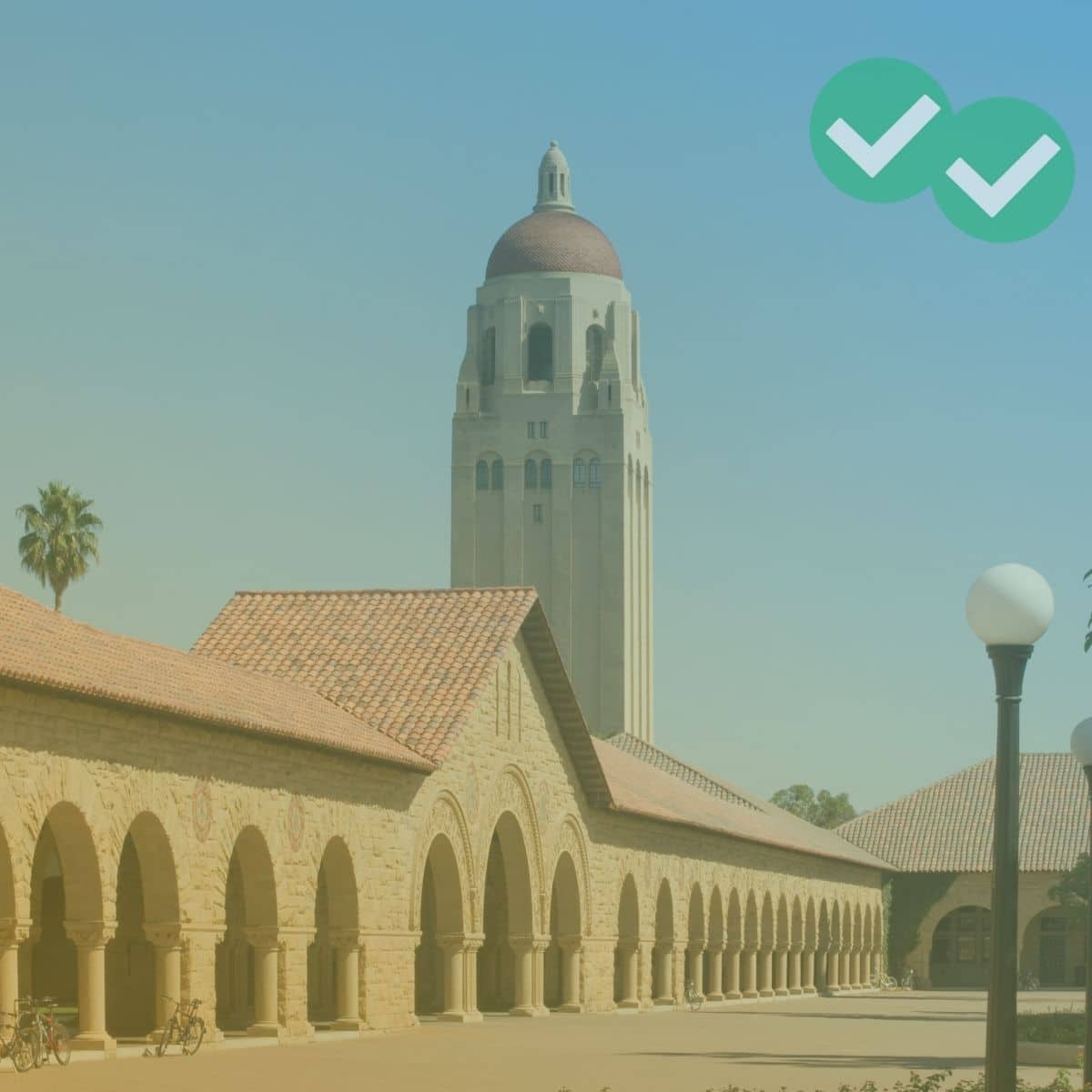
You may have always thought your college GPA was a simple thing…and then you started law school apps and met the LSAC CAS GPA!
If you haven’t yet had the pleasure, this GPA is not necessarily the one that appears on your transcript. Instead, the LSAC CAS GPA is a GPA specially calculated by the LSAC (Law School Admission Council) for law school admission purposes as part of the Credential Assembly Service (CAS)–this is what the admissions office will look at.
Worried? Don’t be! Instead, use this LSAC CAS GPA calculator to understand how your grades translate to this new GPA scale.
LSAC CAS GPA Calculator
- First, compile your undergraduate transcripts and find the grade you earned for each class. Example: You earned an A in X class and a B+ in Y class.
- Starting with your A+ grades, look at the number of credits given for each class during the semester. (Note: This calculator is set up for the semester system. If your school was on the quarter system, quarter credits count as 2/3 of semester credits.)
- If you studied abroad or attended a school with a different grading system, you’ll combine these results. For example: You earned an A+ in X class, earning 4 credits for the semester. In another class, you earned a 99% grade with 2 credits for the semester. Add up these credits and enter the total in the first row, “A+ Letter Grades / Percent Grades: 98-100 / Five Point Grades: 1+.”
- Continue for your A grades, B grades, and so on.
- The calculator will display your total credits at the bottom and your estimated CAS GPA.
How does CAS calculate GPA?
There are lots of different ways to calculate undergraduate GPAs. So just how does CAS perform the calculations that lead to the GPA for law school admissions—and how did we create the LSAC CAS GPA calculator above? Here’s what you need to know about courses that do (and don’t) count towards the LSAC CAS GPA for the law school admissions process.
In short, the LSAC uses every grade you get while earning your first undergraduate degree for the GPA.
This includes:
- Courses you took at a local college while in high school if your undergraduate institution later counted them for credit/towards your degree;
- Classes taken for study abroad (if taken for a grade/credit, such as a semester abroad);
- For transfer students, grades from both institutions;
- Classes you retook for a higher grade (sorry—LSAC counts both grades);
- Courses taken during the summer, even if at another institution than the one that granted your degree.
Improve your LSAC scores with Magoosh LSAT, you can choose between on-demand classes with an instructor (which includes all our lessons and practice questions) or access to the self-study option by itself.
However! The LSAC CAS will NOT count the following:
- Withdraw or withdraw/pass (if your school considers these “nonpunitive,” or not held against you*);
- Incompletes (with the same “nonpunitive” caveat”);
- Graduate work or professional study that took place after you received your first undergrad degree;
- Courses that you audited/took for noncredit;
- Passing grades in a two-grade system (think: Pass/Fail, Credit/No credit). Law schools will see these, just reported separately. However, if your school offers a three-grade system (Credit/D/Fail) and counts anything below a C- in your GPA, LSAC will, too;
- Any grade that could have multiple meanings that LSAT can’t confirm (think: NC could be No Credit Attempted or No Credit Awarded). Most transcripts will have a key that defines these acronyms, though;
- Courses you repeated, if the original grade and units aren’t included on the transcript.
- Withdrawal grades “that signify failure” (according to LSAC) like “Withdraw/Fail” if the school considers them nonpunitive;
- Anything your institution forgave and took off the transcript altogether;
- No credit courses when you didn’t attempt to get credit (as in, you withdrew from the course, rather than failing it).
*If you are not sure whether your school considers a failing grade punitive or non-punitive, ask! Your school’s registrar should be able to help you interpret your transcript so you have an accurate estimate of your LSAC GPA.
For more on the exact process LSAC uses to convert your grades (mirrored in the LSAC CAS GPA calculator above!), check out their transcript summarization info.
Takeaways from the LSAC CAS GPA Calculator
So how can the info above help you? First of all, it can save you time and money. Some students attend grad school or take supplemental courses after earning their bachelor’s degrees in an attempt to put distance between their college records and law school applications.
While this strategy can be smart to show maturity and commitment to school over time, it will not help you “pad” your GPA. LSAC’s policy is to only consider grades earned toward your first bachelor’s degree.
In the end, to get an official LSAC CAS GPA, you’ll need to send your full academic record for college-level courses attempted prior to earning your first undergraduate degree. Yes, we know it might not seem fair for law schools to consider grades you earned while still in high school, especially if those grades are mediocre compared to your current performance. But keeping things from LSAC is very likely to delay your applications.
In the meantime, keep in mind that your GPA and your LSAT scores are the most important parts of your application (more so than other law school requirements–even a resume or personal statement)! The LSAT, it’s true, is one of the best predictors of eventual law school performance, from 1L year on–but that GPA is still important, particularly if your test scores are lower than where you’d like them to be. So if you are still in a position to improve your GPA at your current school, our video below has more helpful tips:


![Magoosh LSAT Prep with Official LSAC Prep Integration [HUGE Announcement!]](https://magoosh.com/lsat/files/2020/03/LSAT-new-plan-button.png)



Leave a Reply